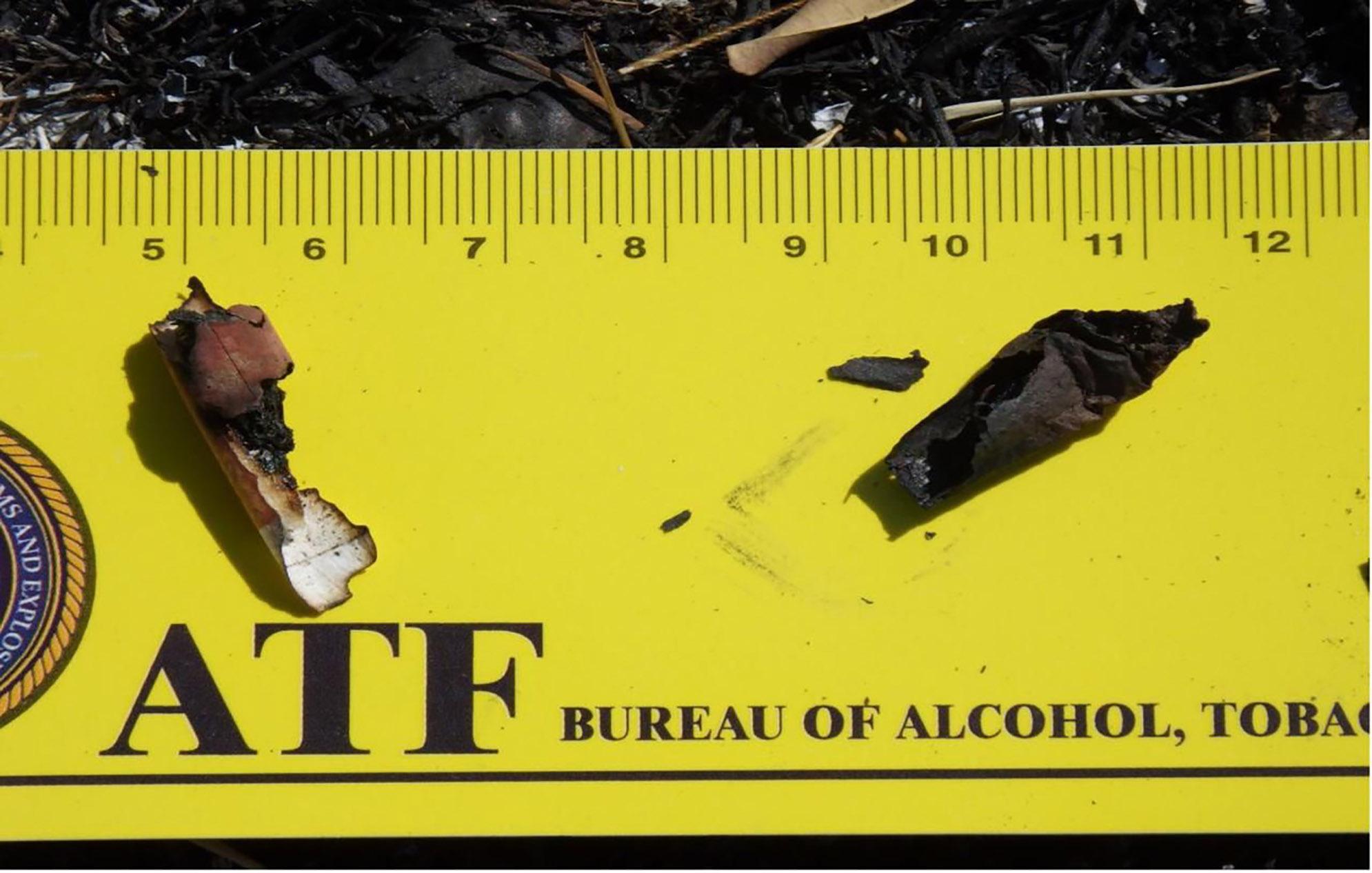According to a report by the U.S. Bureau of Alcohol, Tobacco, Firearms and Explosives (ATF), carelessly discarded cigarette butts that fell on dry vegetation caused the large-scale fires in the Limassol area. After inspecting the scene and examining witness statements, photos, and video footage, experts determined that the fire originated along the roadside between the villages of Malia and Arsos. The fire started around 1:20 p.m. on July 23, 2025, and quickly got out of control due to strong winds.
By the time it was contained, the fire had destroyed approximately 25,000 acres, about 1.3% of Cyprus's total area. A total of 224 houses were destroyed, and 308 more were partially damaged. Approximately 300 cars were burned or damaged. Two people died in the fire: an elderly couple in a car at the epicenter.
Conditions that contributed to the tragedy
Experts noted that Cyprus experienced a prolonged drought in 2025, which significantly increased the risk of fires. During the on-site inspection, two cigarette butts were found—one partially burned and one completely burned—which were handed over to the Cypriot authorities. Other cigarette butts were found nearby, but the surrounding vegetation was undamaged. Additionally, debris was found at the fire site, indicating an illegal landfill had been there for a long time.
During the investigation, experts ruled out other possible causes of the fire, including arson, a lightning strike, malfunctioning electrical equipment, an explosion of pyrotechnics, and sparks from car brake pads. The experts estimated the probability of ignition in the prevailing weather conditions to be 100%. The fire was ruled an accident.

Witness testimony
Eyewitnesses reported noticing a small fire approximately half an hour before firefighters began extinguishing it. One of the Malia residents immediately called the fire department, but due to strong winds, the flames spread quickly. The first aerial water drops began at around 2:20 p.m.
Consequences and Current Situation
The fire was one of the largest in Cyprus's recent history. Environmentalists warn that it could take decades for the affected ecosystems to recover. The island's authorities plan to tighten penalties for littering and for disposing of cigarette butts in natural areas. They also plan to expand video surveillance in areas at high risk for fires. The first compensation payments to victims have already begun.
